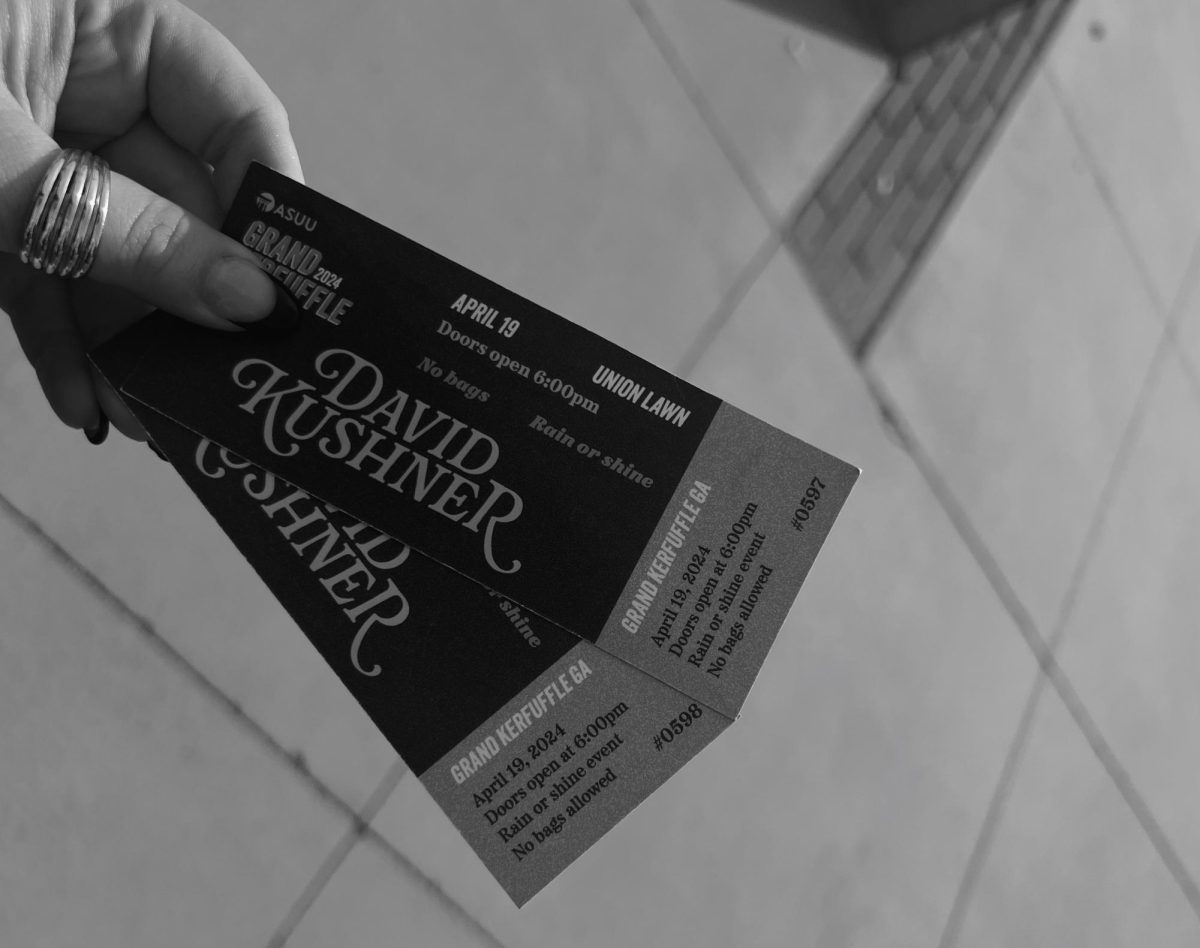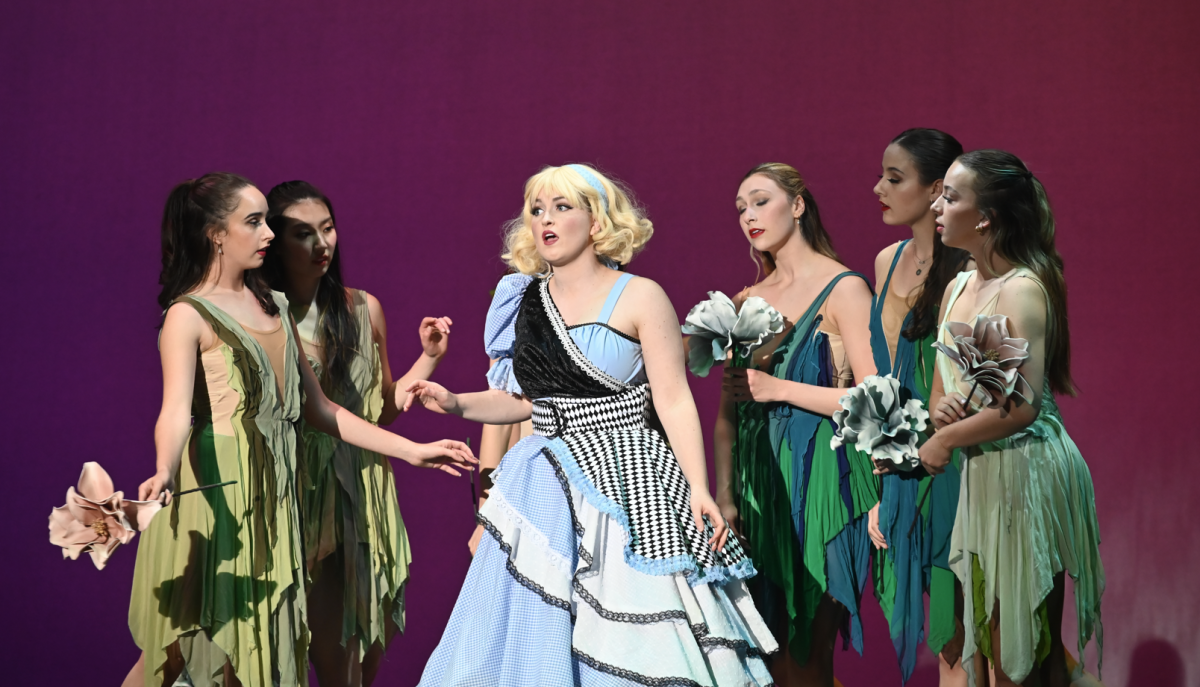White Rabbit Red Rabbit is a play by Nassim Soleimanpour, an Iranian playwright. Interestingly, the play being seen by the audience is actually new to the actor as well, and every night the play is airing, there will be a new actor performing the play. White Rabbit Red Rabbit finds itself on the line between a drama and a comedy. This play debuted at the Edinburgh Festival Fringe in 2017 and had an early version showing in New York, during the spring. Unlike other theatrical pieces, Soleimanpour has created a social experiment as much as he has written a play. White Rabbit Red Rabbit is not only an adventure to the audience, but a journey to the actor, as well. The actor’s inability to view the script beforehand places emphasis on the writer’s voice and the actor’s theatrical execution.
For those who are unaware of Soleimanpour’s background: he is not allowed to leave Iran because he refuses to involve himself in mandatory military service which is required of all Iranian men. Since he is unable to travel, Soleimanpour used his time to write White Rabbit Red Rabbit in English — a play with no set, consistent actor or even director. The biggest appeal of the show lies in its social commentary. The play is a commentary on how authoritarian regimes try to minimize artistic expression. Additionally, the play will address the oppression of Muslim women, feelings of alienation and the tendency to believe authority as final law. The title of the play, White Rabbit Red Rabbit, is derived from an experiment that the writer’s uncle did on hungry rabbits. The hungry rabbits would have to compete for a single carrot which is supposedly a symbol of the harsh, divisive nature of authoritarian regimes.
While most plays are written so that the audience views plot and character development as a bystander, White Rabbit Red Rabbit seeks to not only educate, but throw the audience and the actor into a journey of self-reflection and adventure. According to Entertainment Weekly critics, “A dazzling, transcendent piece of alive-and-kicking theater…I experienced a play that no one in the world will ever experience again… the whole building felt like it was living and breathing.”
The show will be airing at 7:30 p.m. with new actors performing each show, as such: Nov. 4 – Bill Allred from X96’s Radio from Hell, Nov. 9 – Mckayli Abbe, a University of Utah psychology major, Nov. 10 – Sylvia Torti, dean of the Honors College, Nov. 11 – Jorge Rojas, an artist and director of education and engagement at the Utah Museum of Fine Arts, Nov. 16 – Mark Macey, a U theater studies major, Nov 17. – Deena Marie Manzanares, an actress, Dec. 1 – Theresa Martinez, associate professor of sociology, and Dec. 2 – Derek Kitchen from Salt Lake City Council.
Ticket prices will be $20 for the general public but youth 18 and under need only pay $10. If you have UID, make sure to purchase tickets at the box office for $5. Non-U students are welcome to attend as well, and should purchase tickets at box office for $10. Staff and faculty members will receive 10% discount on tickets. Additionally, children under the age of 6 will not be admitted.
For more detailed information or to purchase tickets please visit the following website: https://tickets.utah.edu/events/white-rabbit-red-rabbit/.











